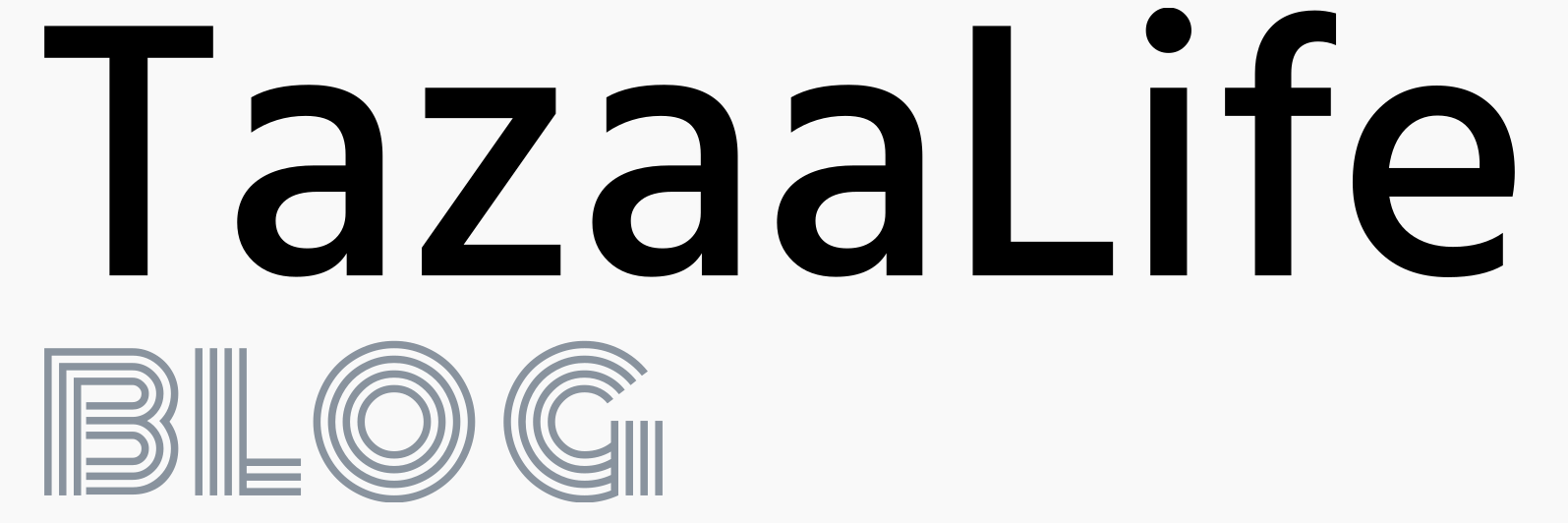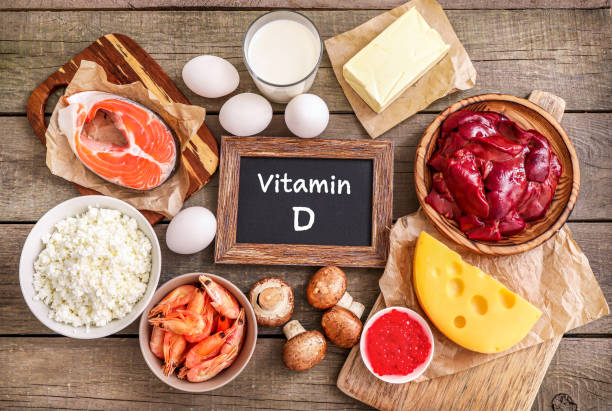Vitamin D, often referred to as the “sunshine vitamin” due to its unique synthesis in the skin when exposed to sunlight. we will delve into the importance of Vitamin D, explore the symptoms of its deficiency, unravel the science behind its role in the body, and discover diverse sources to ensure you’re soaking up the benefits of this essential nutrient.
Understanding Vitamin D:
What is Vitamin D?
Vitamin D plays an important vitamin for our body. Unlike other vitamins that primarily come from the diet, Vitamin D can be synthesized by the skin when exposed to ultraviolet B (UVB) sunlight. This unique ability makes it a remarkable nutrient, connecting us directly to the sun’s life-giving energy.
Why is Vitamin D Important?
Bone Health: Calcium, an essential mineral for bone health, relies on Vitamin D for optimal absorption in the intestines. This collaboration ensures the formation of strong and healthy bones, preventing conditions like fractures.
Immune System Support: Vitamin D is important for good the immune system. It assists in defending the body against infections and reducing the risk of chronic diseases by enhancing the effectiveness of immune cells.
Mood and Mental Health: Good Vitamin D levels are associated with the production of serotonin, a neurotransmitter that contributes to mood regulation. Deficiencies have been linked to mood disorders, including depression, emphasizing the role of Vitamin D in mental well-being. Want to know more about mood and mental health, there is a hormone play vital role in mood disorders, depression.
Cell Growth and Function: Vitamin D plays a role in regulating cell growth and differentiation. It influences various cellular functions throughout the body, supporting overall health.
Symptoms of Vitamin D Deficiency:
Bone and Muscle Pain: Aches and pains, especially in the bones and muscles, can be indicative of Vitamin D deficiency. These discomforts may signal weakened bone structure and muscle function.
Fatigue and Weakness: Fatigue and weakness may result from insufficient Vitamin D levels affecting overall muscle function. When you notice decrease energy level may be because of vitamin D deficiency. Want to know more about how to feel energetic.
Frequent Infections: Impaired immune function due to Vitamin D deficiency can lead to an increased susceptibility to infections. Recurrent illnesses may indicate an underlying deficiency.
Mood Changes: Deficiencies have been linked to mood disorders, including feelings of sadness and depression. Monitoring mood changes can provide insights into potential Vitamin D imbalances.
Impaired Wound Healing: Vitamin D is essential for proper wound healing. A deficiency may lead to delayed recovery from injuries or surgical procedures.
Causes of Vitamin D Deficiency:
Inadequate Sun Exposure: Limited exposure to sunlight, whether due to climate, lifestyle choices, or sunscreen use, can hinder the skin’s ability to produce Vitamin D. Finding a balance between sun safety and Vitamin D synthesis is crucial.
Dietary Insufficiency: A lack of Vitamin D-rich foods, such as fatty fish, eggs, and fortified dairy products, can contribute to deficiencies. Adopting a diet that includes these sources is essential for maintaining optimal Vitamin D levels.
Age and Reduced Skin Efficiency: Aging is associated with a decrease in the skin’s ability to produce Vitamin D. Older individuals may be more prone to deficiencies, highlighting the importance of supplementation and dietary adjustments.
Sources of Vitamin D:

Sunlight Exposure: Try to spend sometimes outdoor especially in the morning, allows the skin to produce Vitamin D. At least 10-30 minutes of sunlight exposure on arms, face, and legs, depending on your skin type and location.
Fatty Fish: Salmon, mackerel, and tuna are excellent sources of Vitamin D, providing a tasty addition to a balanced diet. Including these fish in your meals contributes to your overall Vitamin D intake.
Eggs: The yolk of eggs contains Vitamin D, making them a versatile and nutritious dietary source. Including eggs in your diet provides not only Vitamin D but also essential proteins and other nutrients.
Fortified Foods: Many foods, including milk, orange juice, and breakfast cereals, are good source of Vitamin D to enhance dietary intake. Incorporating these fortified foods into your diet is a convenient way to boost your Vitamin D levels.
Supplements: In cases where natural sources are limited, Vitamin D supplements can ensure adequate intake. Consulting with a healthcare professional for personalized recommendations is crucial to avoid excessive supplementation.


1 thought on “Causes and Symptoms of vitamin D deficiency.”